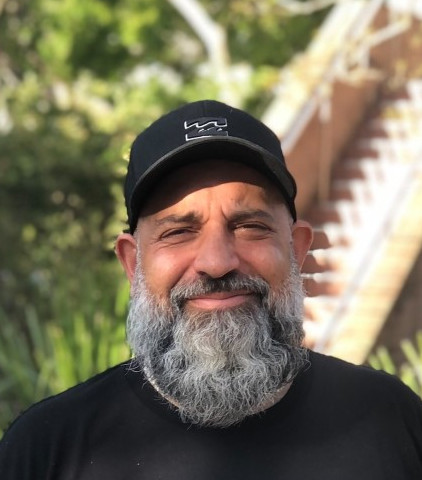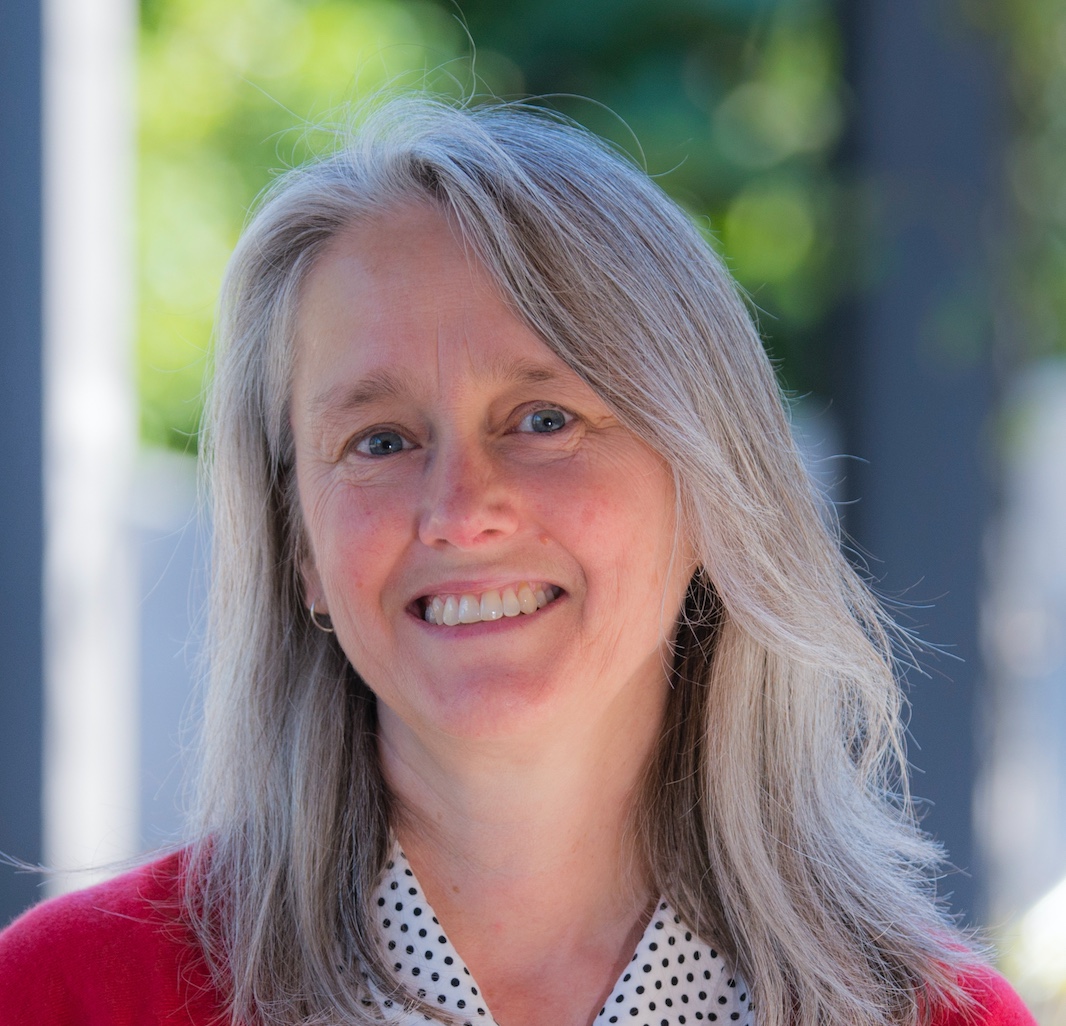Indigenising University Mathematics
Country and Mathematics
"Country and Mathematics" is led by Jade Kennedy and Maureen Edwards. Jade Kennedy is a Yuin man from the Illawarra and South Coast of NSW, who has many leadership roles at the University of Wollongong, including Academic Directorship of the Jindaola program. Maureen Edwards is an Applied Mathematician at the University of Wollongong, who works closely with Jade.

Abstract
The objective of this session is to explore the relationships between the Aboriginal concept and knowledge-framework of Country, and the western interpretation of the concept and knowledge-framework of mathematics. There are a number of themes that we want to explore.Firstly, what aspects of mathematical thinking can be articulated in terms of Country? A powerful framework for articulating Australian Aboriginal ways of knowing and understanding this can be based on five pillars: Country, Culture, Kinship, Journey and Connectedness. Can we view the concept and practice of mathematical thinking through this lens? How does Country manifest in mathematics, and what is its role, from this perspective.
Secondly how does one’s country affect one’s mathematical thinking? Mathematicians tend to deal with abstract concepts by building mental frameworks that are grounded in physical analogies—the language of mathematics abounds with terminology that deliberately suggests them. The sum total of the physical experiences and context that an individual can draw on to form such analogies is their relationship with Country. So how does a mathematician’s relationship with Country influence how they conceptualise and understand mathematics? How has the development and conceptualisation of mathematics and mathematical thinking in different cultures been shaped by the Country to which those cultures relate?
Finally, how can we use commonalities between mathematics and Country to help mathematicians better understand the Aboriginal concept of Country? The words “country” and “mathematics” have in common, that for most people they evoke a fairly simplistic set of associations and concepts that are almost tangential to the complex and subtle frameworks for knowing and understanding that they represent to those deeply embedded in them. Mathematicians have a shared experience of frustration with simplistic reactions when they attempt to discuss mathematics as a way of thinking, learning and understanding, with listeners to whom the word just suggests a collection of facts about numbers. Can this shared experience become an entry point to help non-Aboriginal mathematicians to look past the simplistic associations that the word “country” holds for them, and appreciate the complex way of thinking, learning and understanding that the Aboriginal concept of Country embodies?
We will begin by discussing what the words “Country” and “Mathematics” mean to us, and the challenges we find in articulating their meaning to one another. We will then move to a yarning session where we hope to further explore the three themes above.